
How to get URL link on X (Twitter) App

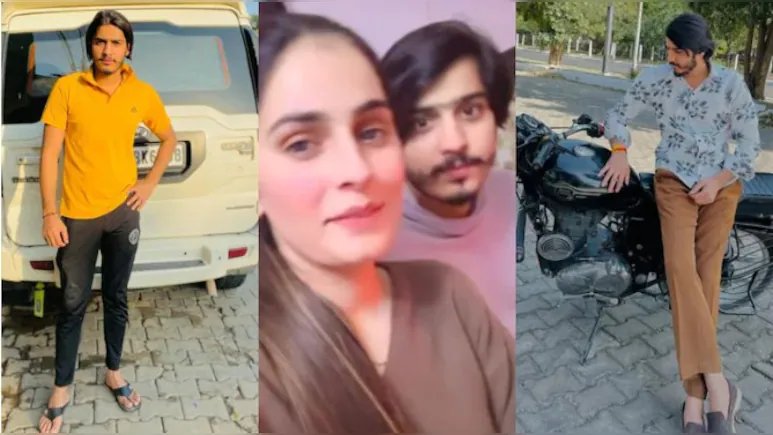
 The Initial Narrative: The victim's sister, Kanchan, alleged that Nikki was murdered by her husband Vipin and his family over a long-standing demand for a Rs 36 lakh dowry. This account was supported by the victim’s young son, who gave a chilling eyewitness testimony.
The Initial Narrative: The victim's sister, Kanchan, alleged that Nikki was murdered by her husband Vipin and his family over a long-standing demand for a Rs 36 lakh dowry. This account was supported by the victim’s young son, who gave a chilling eyewitness testimony.
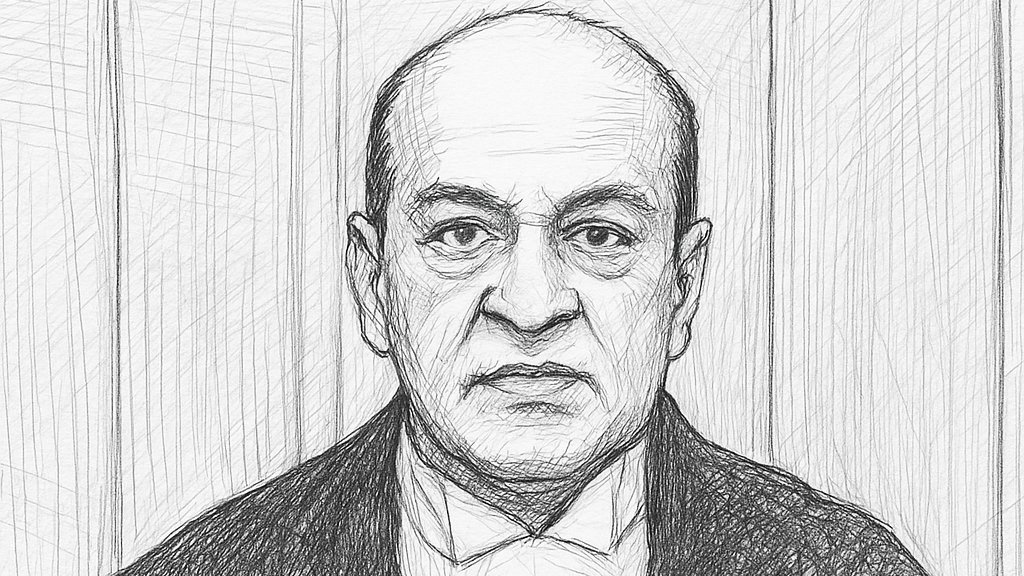
 For brief background The chain of events began in the storeroom of a judge’s government bungalow in Delhi.
For brief background The chain of events began in the storeroom of a judge’s government bungalow in Delhi.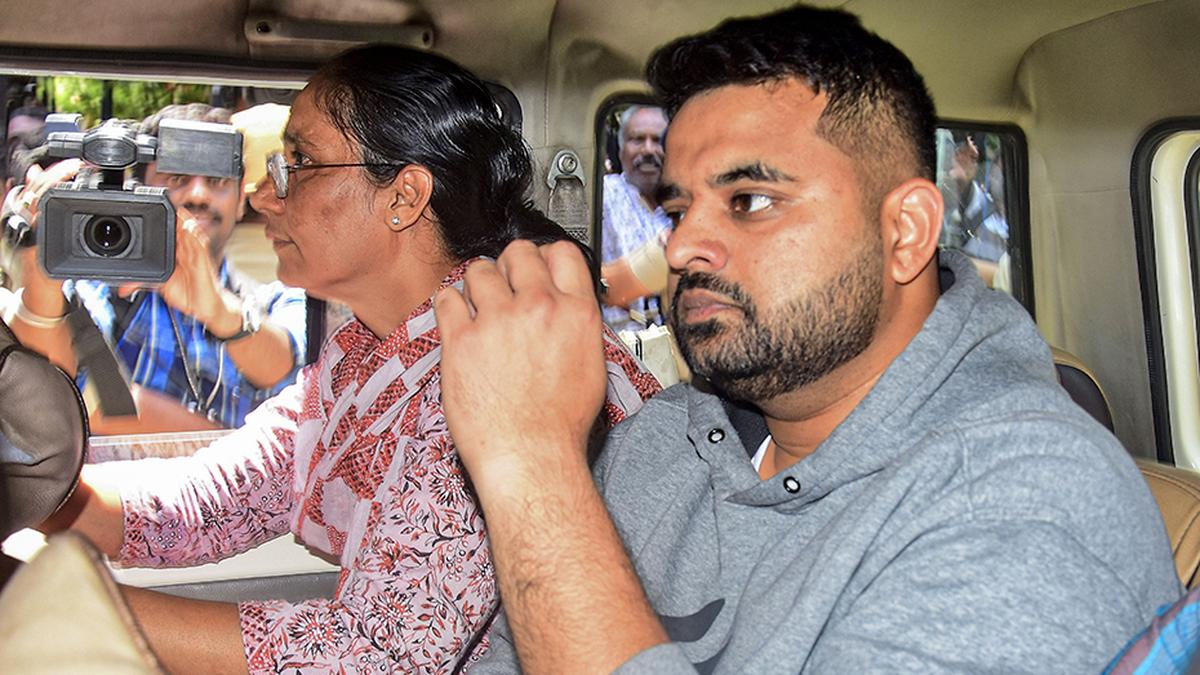
 Prajwal Revanna has been convicted by Bengaluru Special Court for repeated rape and abuse of a domestic worker. The charges include IPC Sec 376(2)(k) and 376(2)(n), which relate to rape by a person in a position of authority and repeated rape.
Prajwal Revanna has been convicted by Bengaluru Special Court for repeated rape and abuse of a domestic worker. The charges include IPC Sec 376(2)(k) and 376(2)(n), which relate to rape by a person in a position of authority and repeated rape.
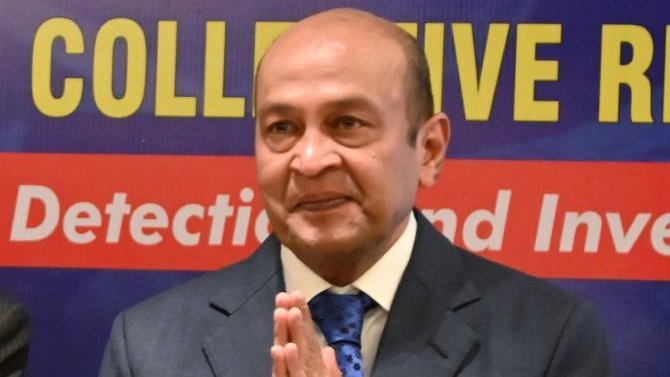
 For a background,
For a background, 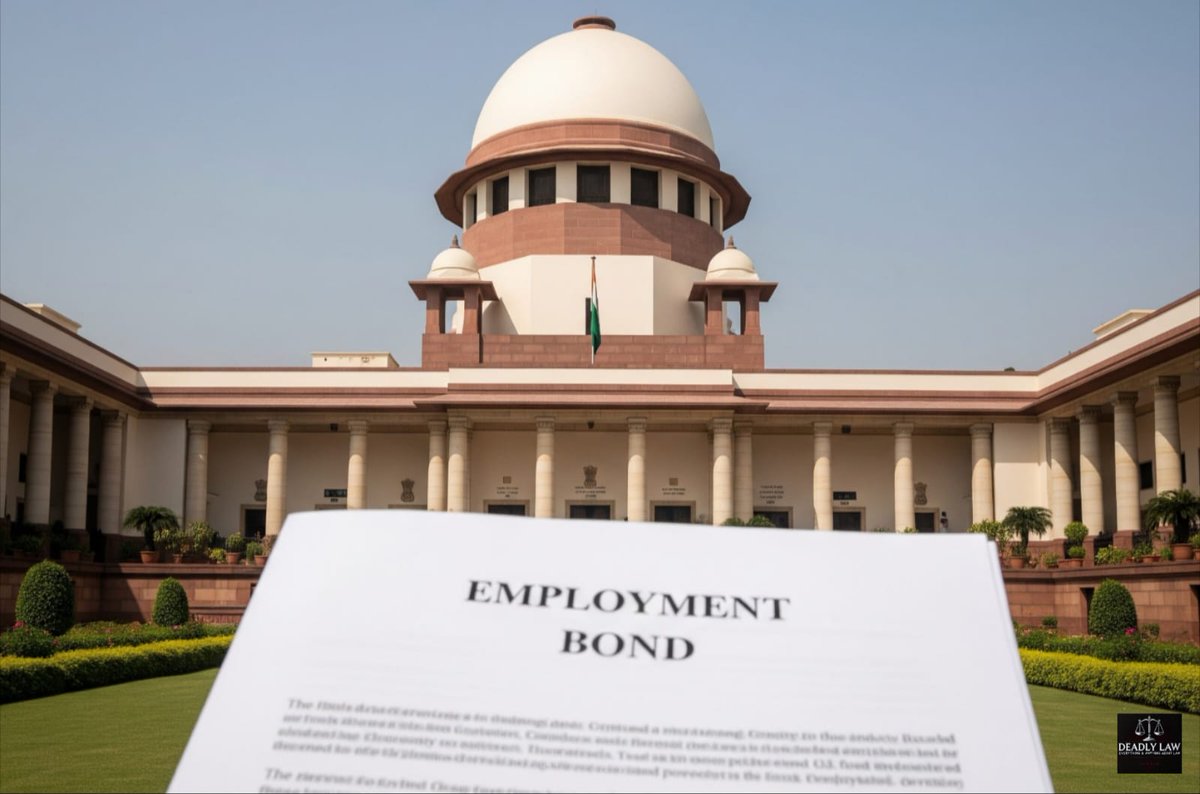
 An employee joined Vijaya Bank as a Senior Manager with a clause in his appointment letter - Quit before 3 years, and pay ₹2 lakhs as liquidated damages.
An employee joined Vijaya Bank as a Senior Manager with a clause in his appointment letter - Quit before 3 years, and pay ₹2 lakhs as liquidated damages.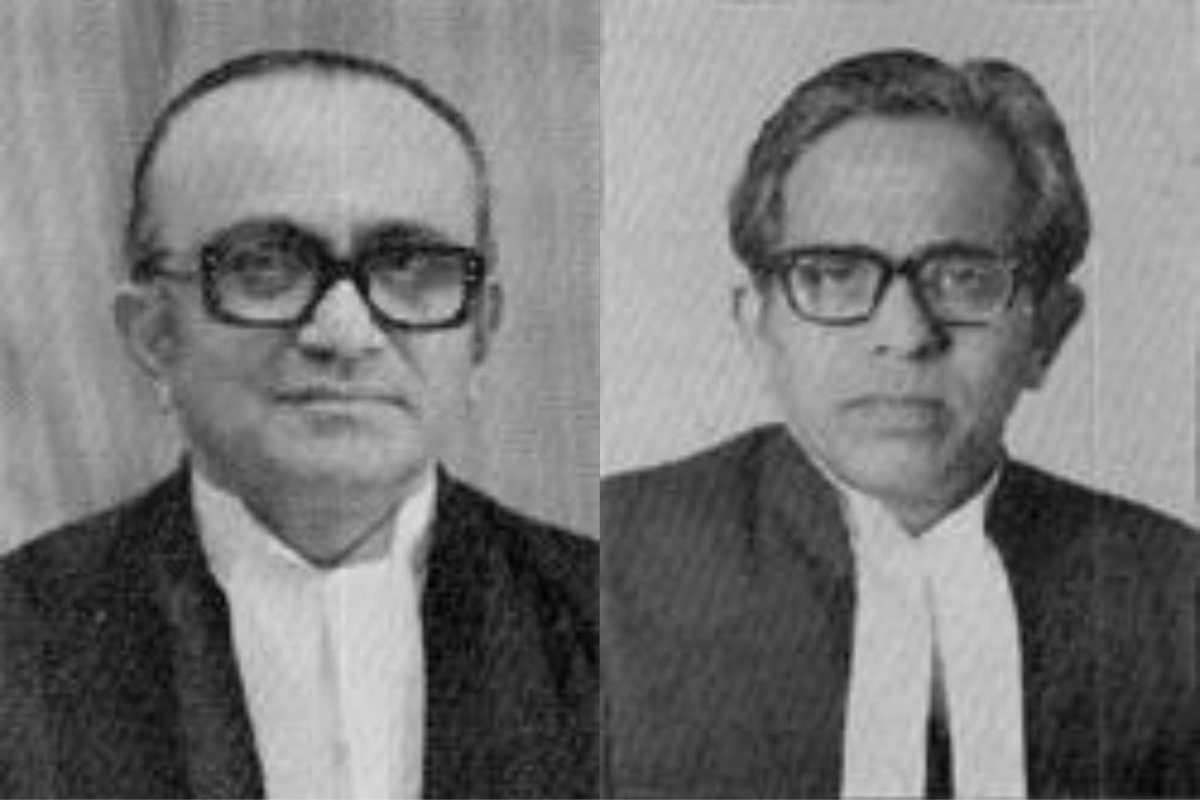
 Both Chandrachud and Bhagwati were Bombay lawyers.
Both Chandrachud and Bhagwati were Bombay lawyers.